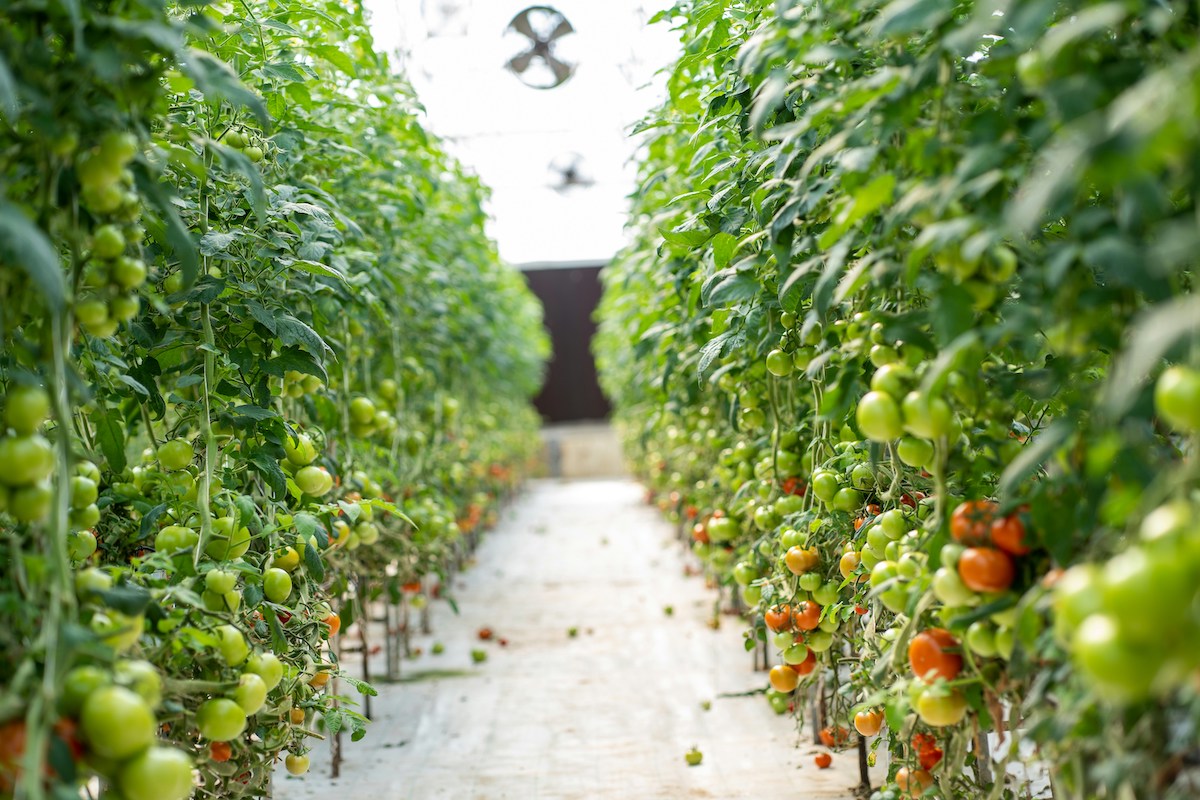
One simple way to help the environment is to reduce the greenhouse gases produced in getting food from the producer to your dinner table. This is often measured in 'food miles', a term introduced in 1992 by Tim Lang.
| Greenhouse gases are gases such as carbon dioxide (CO2) that contribute to global warming, which is by far the biggest environmental issue facing us. |
The good thing about food miles is that it's easy to calculate - and it's often best to buy locally grown food - but there are two other factors to consider, not just the country of origin listed on the packet.
One is how the produce got here. For example, green beans from Kenya and lentils from Canada travel roughly the same distance (about 4,000 miles to the UK). But the green beans usually come by plane, refrigerated to keep them fresh, while the lentils come by boat with no need for refrigeration. The need to take a refrigerated crop by air means those miles have far more impact.
The other factor is how the product is grown. If we look at green beans again, they can be grown with no heating in the UK in summer - as a result, Kenyan-grown, air-freighted green beans result in 7.5 times the greenhouse gas emissions of the same beans grown in the UK in season. But things are more surprising if we take a look at the humble tomato.
There are four common ways to get hold of tomatoes - locally in season, locally in a heated greenhouse, on lorries from a warmer place (for example, Spain) when out of season here and canned, say from Italy. Both 'locally' options have the least food miles. But when tomatoes are grown in the UK in a heated greenhouse out of season they generate about twice the CO2 of those on a lorry from Spain, and half as much again as canned from Italy. The heated greenhouse produces about 6 times the CO2 as growing them here in season without heating.
So by all means look for locally grown produce, but if it's not seasonal for the UK, it may well be better to get it shipped further (or even better, wait until it is in season).
